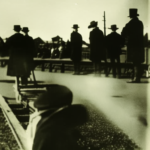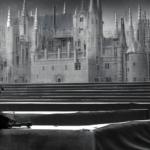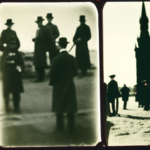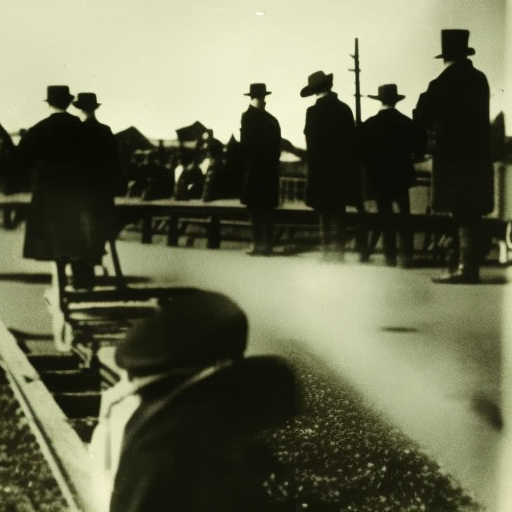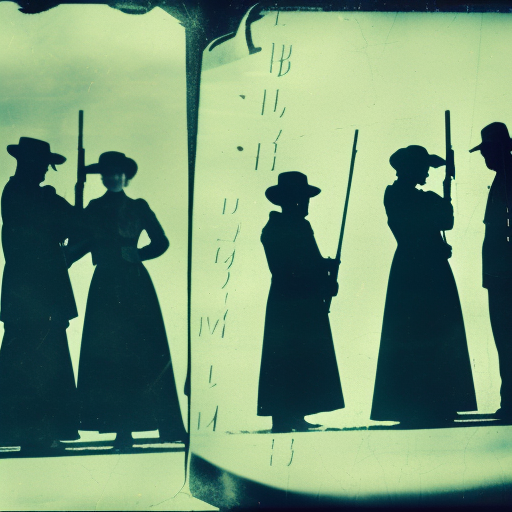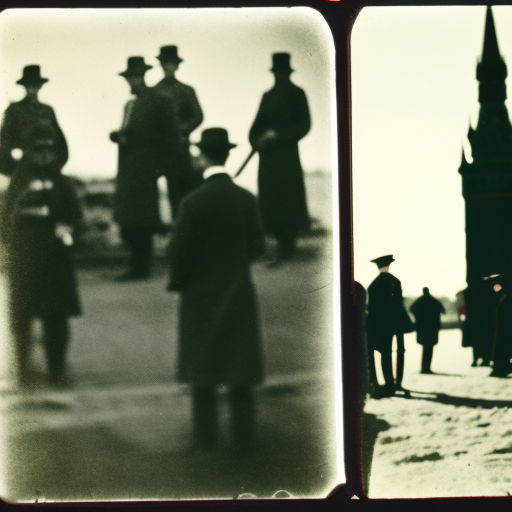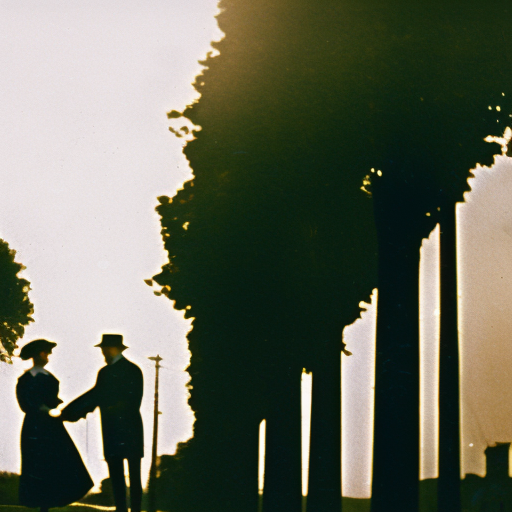The Assassination of Archduke Franz Ferdinand (1914)
The assassination of Archduke Franz Ferdinand on June 28, 1914, in Sarajevo, Bosnia, was a pivotal event that triggered the outbreak of World War I. The assassination was carried out by a group of Bosnian Serb nationalists known as the Black Hand. The assassination set off a chain reaction of events that led to the mobilization of European powers and ultimately resulted in a global conflict.
The Background
Archduke Franz Ferdinand was the heir to the Austro-Hungarian Empire. His visit to Sarajevo was intended to ease tensions in the region, which had been simmering for years due to nationalist aspirations of various ethnic groups. Bosnia was annexed by Austria-Hungary in 1908, a move that angered many Serbs who sought to create a unified South Slavic state.
The Assassination Plot
The Black Hand, a secret society of Serbian nationalists, planned the assassination of Archduke Franz Ferdinand during his visit to Sarajevo. The group believed that killing the heir to the Austro-Hungarian throne would destabilize the empire and lead to the creation of a greater Serbia. Gavrilo Princip, a member of the Black Hand, was chosen to carry out the assassination.
The Assassination
On June 28, 1914, as the Archduke and his wife, Sophie, were traveling in an open car through Sarajevo, Gavrilo Princip fired two shots, killing them both. The assassination shocked the world and set off a series of events that would plunge Europe into war.
The Aftermath
Austria-Hungary blamed Serbia for the assassination and issued an ultimatum, demanding that Serbia allow Austro-Hungarian authorities to investigate the crime. When Serbia refused to comply with all the demands, Austria-Hungary declared war on Serbia on July 28, 1914. This triggered a series of alliances and declarations of war among European powers, leading to the outbreak of World War I.
The Impact
The assassination of Archduke Franz Ferdinand had far-reaching consequences. The war that followed claimed the lives of millions of people and reshaped the political landscape of Europe. It marked the end of the old world order and the beginning of a new era of warfare and political ideologies.
The Legacy
The assassination of Archduke Franz Ferdinand is often seen as the spark that ignited World War I. It highlighted the dangers of nationalism and the interconnectedness of European powers. The war that followed would have a profound impact on the 20th century, leading to the rise of new nations, the collapse of empires, and the emergence of new ideologies.
In conclusion, the assassination of Archduke Franz Ferdinand in 1914 was a pivotal event that triggered the outbreak of World War I. The assassination, carried out by the Black Hand, set off a chain reaction of events that led to the mobilization of European powers and ultimately resulted in a global conflict. The war that followed had a profound impact on the world, reshaping political boundaries and ideologies. The assassination of Archduke Franz Ferdinand remains a significant event in history, highlighting the dangers of nationalism and the consequences of political tensions.




